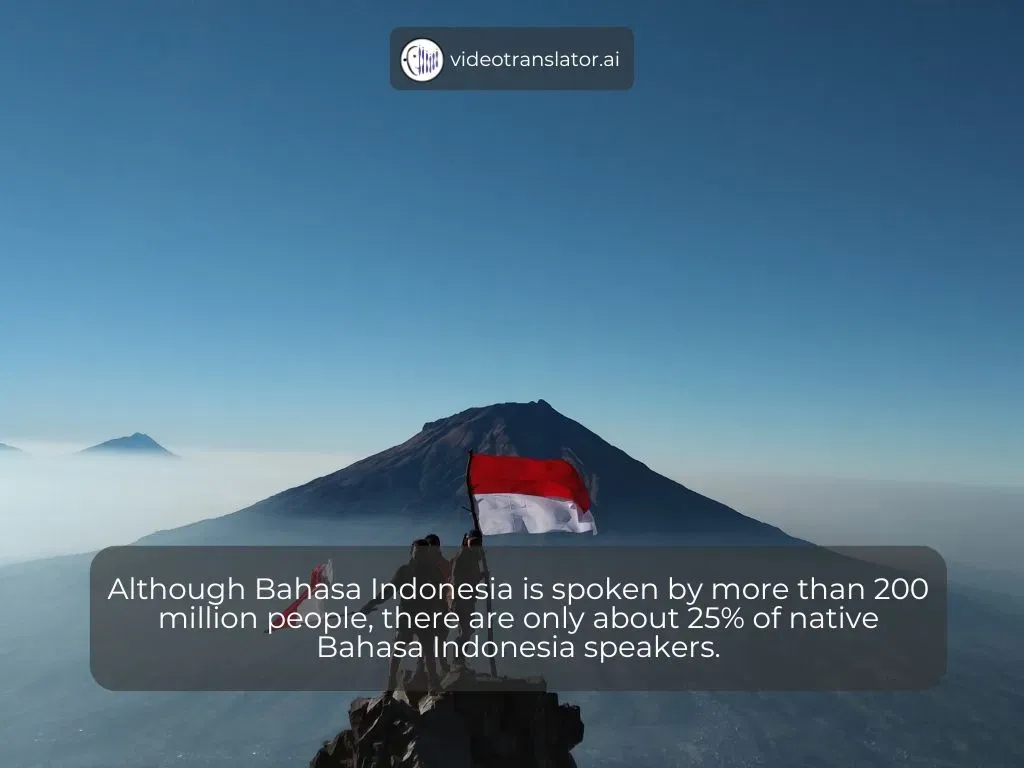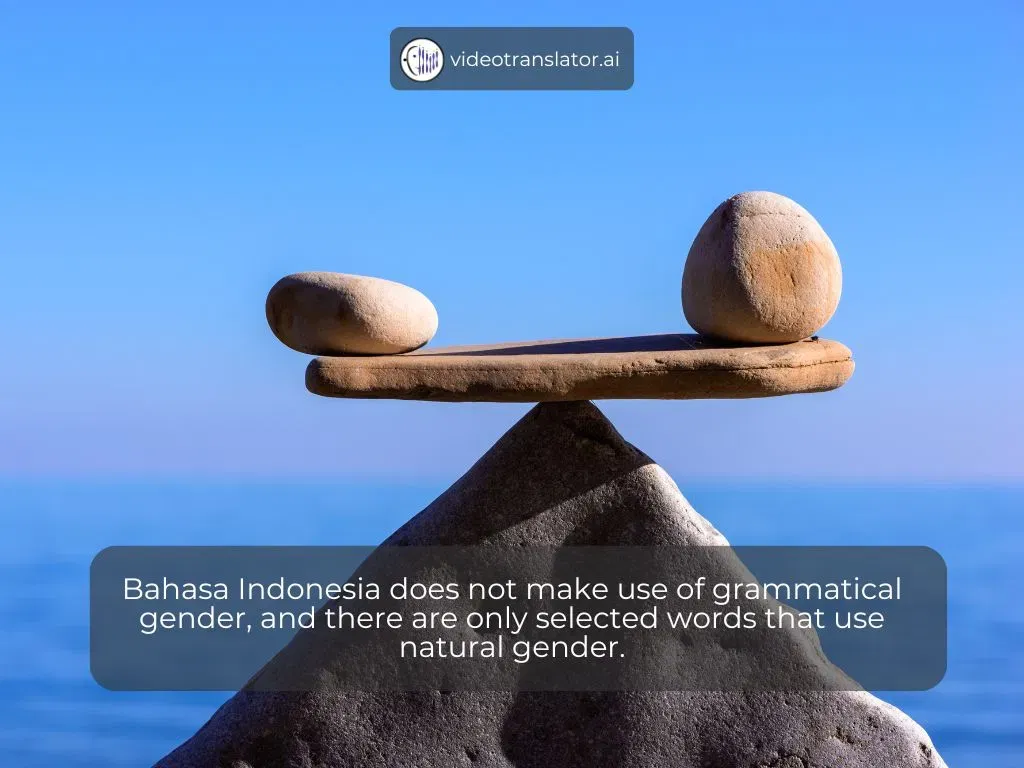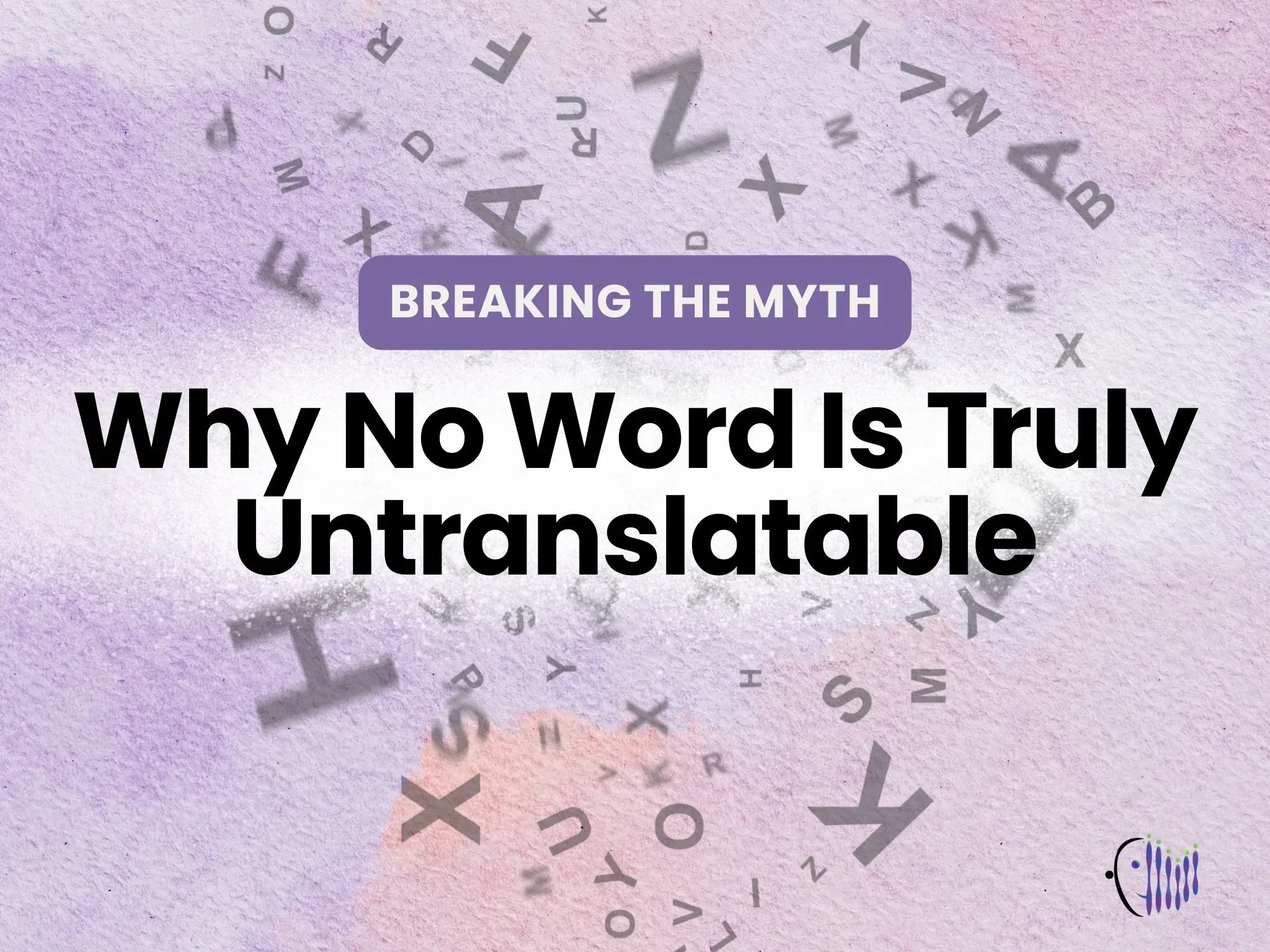No one exactly knows the origins of human language. It is believed that it originated from the need to communicate with each other.
Today, there are over 7,000 languages in the world. With so many languages out there, things can be difficult to translate.

Today, we are going to talk about 10 hard to translate Indonesian words.
Let’s go!
What Is The Indonesian Language?
Indonesian language or Bahasa Indonesia is the official language of Indonesia. It is used in formal education, mass media, governance, administration, and judiciary.
 Although Bahasa Indonesia is spoken by more than 200 million people, there are only about 25% of native Bahasa Indonesia speakers. The rest speak it as a second language with their local dialect as the first language.
Although Bahasa Indonesia is spoken by more than 200 million people, there are only about 25% of native Bahasa Indonesia speakers. The rest speak it as a second language with their local dialect as the first language.
Bahasa Indonesia shares its language family with Malay as they both derived from the Austronesian language. If a person speaks in Malay and you speak in Bahasa Indonesia, you will likely be able to understand one another.

Unlike other languages, Indonesian does not make use of grammatical gender, and there are only selected words that use natural gender.
For example, in English, you can refer to a person as he or she. He and she are both translated to ‘dia’ in Indonesian. Therefore, if you do not know the context, you won’t be able to know whether the person someone is talking about is male or female.
For gender-specific terms, they are used as a form of addressing someone older. For example, mas (older brother) and mbak (older sister).
10 Hard To Translate Indonesian Words
We have compiled a list of 10 hard-to-translate Indonesian words. Let’s check them out!
1 - Ngambek
One of the translations of ngambek is to sulk. However, the word means so much more than that.

Let’s put it in context.
- Bobby has just broken up with his girlfriend. His dad asked his mom why he is not going out of his room. His mom replied with, “dia lagi (he is) ngambek.”
Dia lagi ngambek in this context means that he is so brokenhearted that he has no will to leave his room. - Bobby just had a fight with his dad because his dad was forcing him to leave his room. Bobby then refused to talk with his dad.
Here, you can also say “Dia lagi ngambek.” However, ngambek in this context means that Bobby is ignoring you because he is pissed at you.
Ngambek can also be used to describe someone who is being childish or when a child is throwing a tantrum at you.
2 - Titip
Titip in general can mean entrusted. However, when put in a different context, the word changes its meaning.

For example:
Titip salam ya = Send my regards.
Titip belikan makanan = Asking someone to buy you food. In this context, the person is already planning on going there, and you ask that person to buy you food because you either can’t go there or don’t want to go there.
Titip peliharaan = Asking someone to take care of your pets because you are going away or busy.
3 - Oleh oleh
Usually, this term is used as a way to describe gifts that you bring when you have traveled somewhere.

However, it can have 3 different meanings:
- Souvenir
I have been collecting oleh-oleh from all over the world. - Gifts
Here is an oleh-oleh for you from Paris! - Merchandise
My father owns an oleh-oleh business.
4 - Mudik
Mudik is a term used for the activity where people return to their hometown or village during or before a major holiday, such as Eid al-Fitr or Christmas.

This tradition is very important as many Indonesians migrated to the big cities to find better job opportunities. Therefore, during long holidays, you mudik to visit your families and friends back home.
5 - Beras/Nasi
In Bahasa Indonesia, we have a separate term when trying to describe rice.

Beras when translated to English means rice. However, it is the form of rice before it is cooked.
Nasi, on the other hand, is rice after it is cooked.
So the sentence ‘Saya sedang mencuci beras untuk memasak nasi’ when translated in English becomes: I am washing the rice to cook rice.
6 - Kasih/Sayang/Cinta
When translated in English, the words kasih, sayang and cinta all mean love. However, they all have different meanings.
Similar to Greek, Bahasa Indonesia has different words to describe different kinds of love.

Sayang means the love and care you have for those around you, can be your friends, parents, siblings, or lover.
Cinta means the love you have for your partner. It is usually used to describe romantic love.
Kasih means the unconditional love you have for someone, similar to agape in Greek.
7 - Maklum
This word is a little tricky to translate. Let’s put it in a sentence.

Mohon dimaklumkan kalau saya telat = Please understand if I am late.
Maklum, saya kan miskin = I know I am poor
Maklum, namanya juga masih anak-anak = Please be considerate because they are just kids.
If an Indonesian tells you to maklum, well, they just want you to be more understanding with their situation.
8 - Gemas
Gemas is a word to describe the mixed feeling of frustration and fondness. It’s that feeling when you see a cute crying baby. You feel annoyed that the baby keeps on crying, but at the same time, you are fond of the baby because the baby is cute.

9 - Masuk Angin
If you ask any Indonesian if they have had ‘masuk angin’ before, chances are they are going to say yes.

Literally translated, masuk angin means to catch wind. When put into context, masuk angin can mean many things, from bloating, indigestion, chilled, heartburn, upset stomach, runny nose.
Didn’t have enough sleep and therefore getting headaches? Masuk angin.
Walked under the pouring rain and caught a cold? Masuk angin.
Get a runny nose when your AC is set to 16 degrees celsius? Masuk angin.
10 - Kerokan
If you have symptoms mentioned in number 9, your Indonesian friend would probably suggest you have kerokan.

Kerokan is when someone rubs a coin on your back to release the wind trapped in your body. Remember that when literally translated, masuk angin means to catch wind? So, kerokan will release that wind.
Indonesians don’t believe that going to the doctor can cure masuk angin, but kerokan will.
It is believed that when a reddish mark comes up after a coin is rubbed on your back, it symbolises the disappearance of the wind from the body.
Does it sound intimidating?
Conclusion
In this article, you’ve explored 10 Indonesian words that are notoriously hard to translate—highlighting just how complex language and cultural nuance can be.
Breaking language barriers is essential for expanding your reach, whether you’re conducting meetings, hosting live events, or delivering services in diverse communities. But relying solely on human translators can be costly and time-consuming.
That’s where VideoTranslatorAI comes in.
Our multilingual communication platform supports real-time video calls, in-person translation tools, and multilingual broadcasting—all powered by AI and customisable glossaries for greater accuracy and inclusivity.
Curious to see how it works? reach us at hello@videotranslator.ai.



